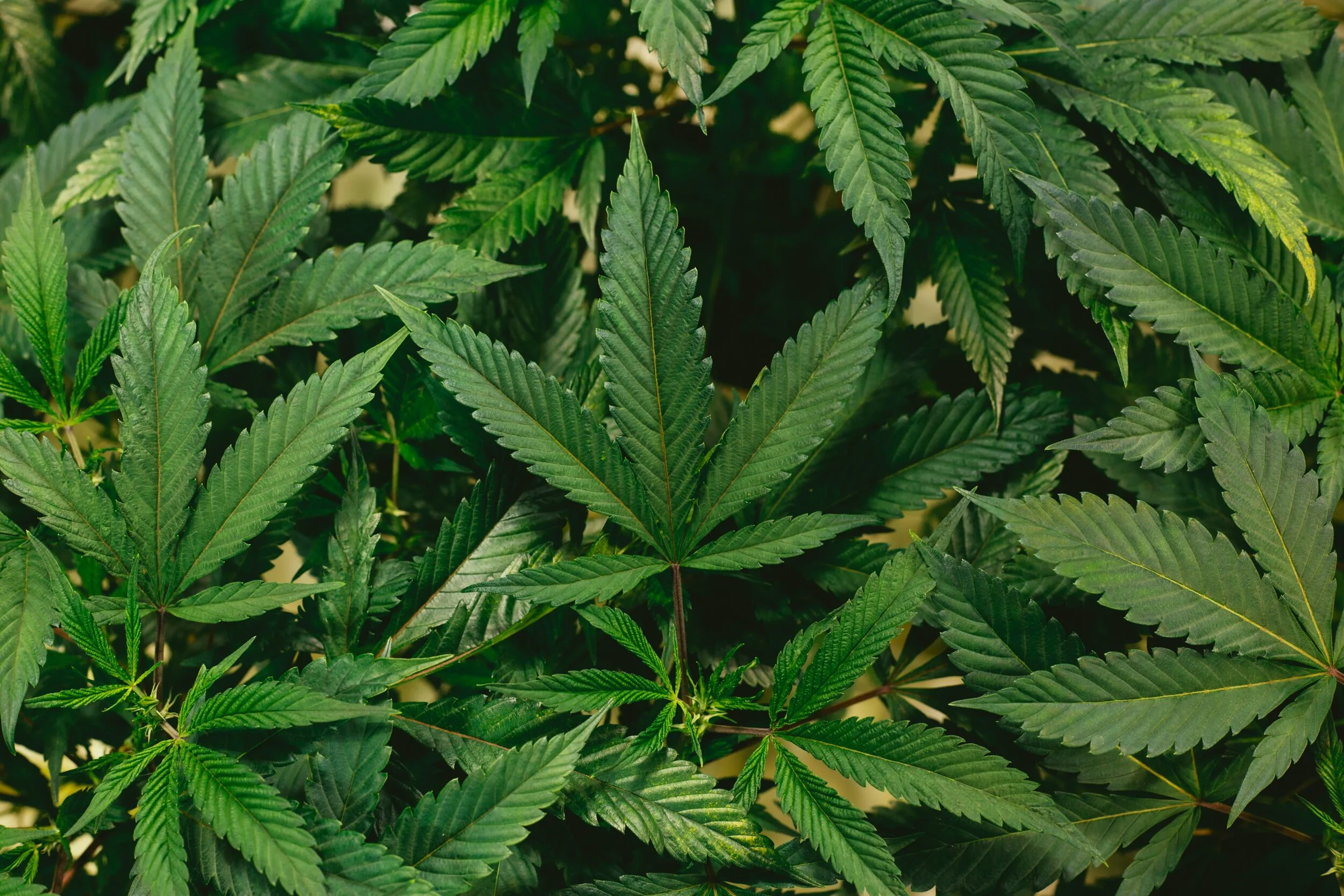The Marijuana Opportunity Reinvestment and Expungement (MORE) Act, if passed, will make strides in society by removing marijuana from the list of scheduled substances under the Controlled Substances Act and decriminalizing possession, distribution, and manufacture of cannabis. However, 2L staffer, Hannah Thompson, notes that there is no discussion of the Dormant Commerce Clause (DCC) in the bill. Thompson strongly argues that Congress should suspend the DCC in the MORE Act to help achieve the end goal of combating disproportionate impacts from drug enforcement from the use of marijuana.
Nature has the Power to Reverse Climate Change - If We Help it
Farmers have a unique way to stop climate change. Landon Woods, southern regional director for the American Conservation Coalition, discusses the idea of farmers using natural climate solutions to reverse climate change. Although there are many different strategies to solving climate change, Woods strongly argues that natural climate solutions will play a key role in reducing climate change.
The Long and Winding Road: Bringing Farmworker Rights Into the 21st Century
While on a drive through Central California, 2L staffer Shawn Harkins meets an interesting individual who brought to light H.R. 1603, better known as the Farmworker Modernization Act of 2021. Harkins discusses the pros and cons of this Act, but strongly encourages the Senate to pass this legislation.
Delta 8 THC: Smoking Out the Inconsistencies in U.S. Hemp Law
Smoked Out: How Overregulation Threatens Emerging (Legal) Marijuana Markets
Rethinking Irrigation: New Techniques Offer Solutions to the Overuse of Freshwater Reserves in Production Agriculture
The Name Game: Required Labeling of Genetically Modified Foods Hinders Effective Science Communication
Florida v. Georgia: The Battle Over the Apalachicola-Chattahoochee-Flint River Basin
Florida and Georgia have been at odds for decades for water rights. In this piece by staffer Seth Stroud, he explores the legal battle that has made its way before the Supreme Court. He highlights the ramifications of the decision on which state will have its desired source of nature’s most important resource.














